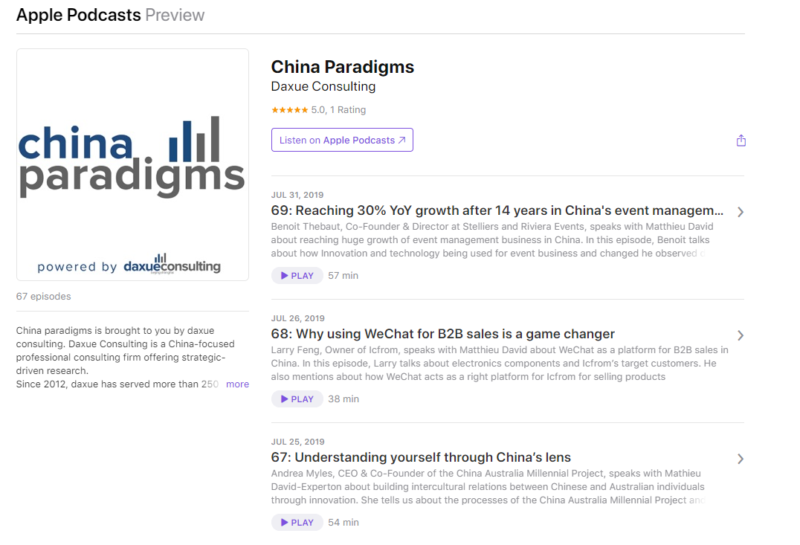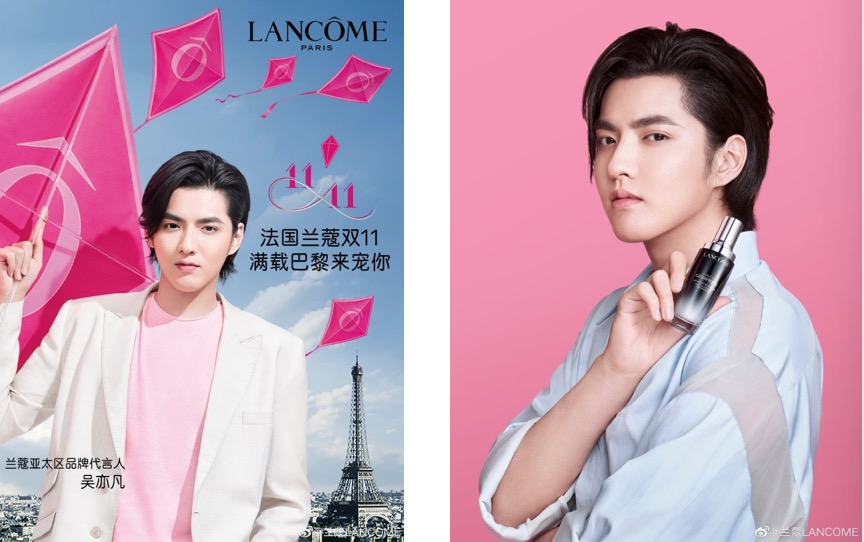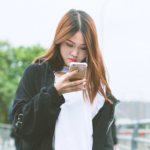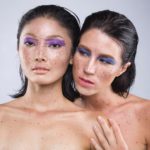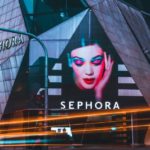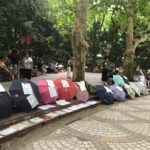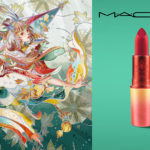Lancôme in China: Case study
How the luxury cosmetics house From France won the hearts of Chinese cosmetics consumers
Lancôme Paris, better known as Lancôme, is a cosmetics brand founded by Armand Petitjean in 1935. As a French luxury cosmetics house, Lancôme is part of the luxury products industry, which offers skin care, fragrances, and makeup at higher-end prices. Its brand has operated under L’Oreal since 1964. The beauty philosophy of Lancôme is simple: deliver the beauty and elegance of France to the rest of the world. The iconic golden rose of the Lancôme logo is inspired by the roses of Le Château de Lancôme. Lancôme in China has notched up 22 years of profit, which makes worthy of understanding as a successful cosmetics case study in China.
In 1997, Lancôme became the first high-end overseas brand entering the cosmetics market in China. In 2018, Lancôme China had 272 stores in 115 cities. Additionally, Lancôme has been the No. 1 best seller of high-end cosmetics market in China since 2005. “The sales revenue of Lancôme in China has increased 400 times in 22 years” according to Ma Xiaoyu, the GM of Lancôme China. The high growth revenue has proved the economic boom of China and Lancôme’s ability to keep pace with the times.
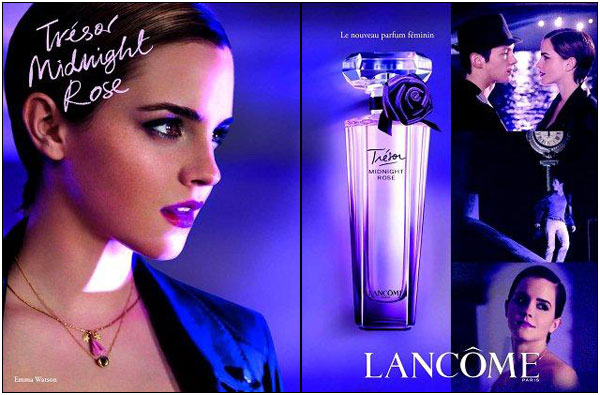
How Lancôme leverages celebrity endorsements in China
Lancôme is known for its use of very influential celebrities as endorsers, in the West this includes Kate Winslet, Anne Hathaway, Julia Roberts, Penelope Cruz, Emma Watson, Lily Collins, Lupita Nyong’o, and Zendaya. Clive Owen was the first male spokesperson for Lancôme’s Men’s skincare products and the fragrance Hypnôse Homme to explore the male market.
The cosmetics brand has localized their celebrity endorsement strategy to the Chinese market. Kris Wu, a Chinese singer and actor who is very popular among young women, has become the first Asia-Pacific Lancôme brand ambassador since 2019. This news was explored among millennials and received good responses. Up to January 16th, 2020, the topic of “Kris Wu, the new face of Lancôme China (吴亦凡代言兰蔻)” has 400 million views and 71.6 thousand discussions on Weibo, one of the biggest microblogs in China.
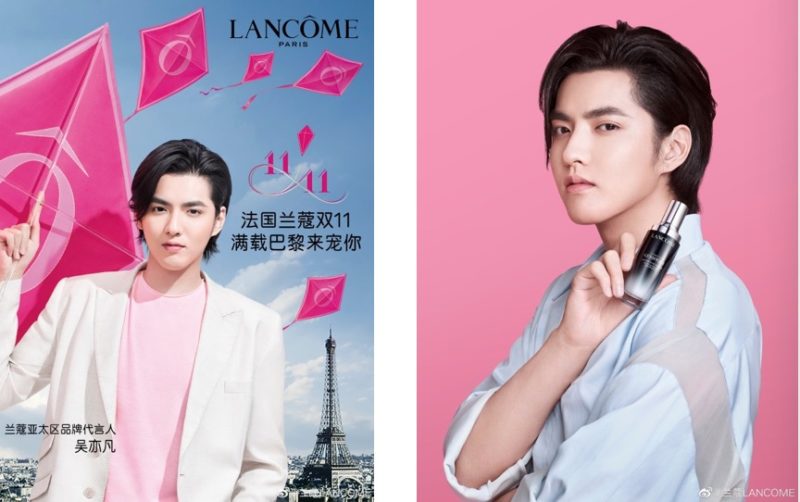
[Source: Weibo ‘Kris Wu endorsing Lancôme in China’]
Lancôme China tests the E-commerce waters through Rosebeauty and Weibo
Although Lancôme remains a major player in China’s traditional media market, it has created China-specific sites of its own as well. Lancôme’s e-community site in China, Lancôme Rosebeauty, was one of China’s top online beauty forums in terms of website traffic, according to CIC, a company that tracks the social media impact and gives strategic advice. Lancôme’s e-commerce site was one of Lancôme’s biggest point-of-sale venues, reaching over 1,000 cities throughout China. From 2009 to 2010, online mentions of the Lancôme brand rose from 5,000 to 50,000 a month (a number almost directly related to the rose in popularity of the Rosebeauty e-community) and the Lancôme e-commerce site in China was one of the brand’s largest points-of-sale. However, Rosebeauty is no longer a popular platform, and rather platforms like Xiaohongshu and Weibo have taken its place.
Xiaohongshu Marketing
Xiaohongshu had 200 million users in 2019. The platform uses KOL marketing to create an interactive social-commerce experience which focuses on the fashion and cosmetics market in China. Both professional makeup artists and cosmetics consumers in China share their product evaluation and shopping tips on this platform. To satisfy consumers’ demand on import goods, Xiaohongshu has established strategic partnerships with many overseas brands, including Lancôme.
Weibo Marketing
Lancôme owes a significant success on Weibo as well. In 2019, Lancôme launched a campaign themed “May I Pink You” on Weibo for the “520 Festival”, the Chinese cyber Valentine’s Day. Lancôme reached over 140 million potential cosmetics consumers in China, and its media interaction hit a million landmark through this campaign. Lancôme did not only complete its sales goal for “520” limited pink boxes but also won good reputations within the Weibo platform.
L’Oreal officially authorized Jumei (聚美优品) Lafaso (乐蜂网), another step to E-commerce in China
In 2012, L’Oreal authorized jumei.com(聚美优品) and lafaso.com(乐蜂网) to sell its products on their website, which represented another step towards the increasing use of ‘e-commerce’ by the cosmetics industry. This meant brands under L’Oreal like Lancôme could be bought directly on these sites. Cosmetics consumers in China began favoring to go to shopping mall counters to try the products and then go on jumei.com(聚美优品), lafaso.com(乐蜂网) and Taobao.com(淘宝网) to screen the prices, sales promotions and peers reviews. More and more consumers are buying their products from these sites. However, these sites must ensure that there are no questions or concerns about the products they sell. Once one consumer claims that a product is not what it seems, consumers will choose not to buy that particular product from the site no matter how much cheaper it is than the ones sold in shopping malls.
Taobao (淘宝) and VIPSHOP(唯品会) start a new E-commerce era for Lancôme in China
Lancôme opened its Taobao flagship store in 2014 to extend its consumer segment to younger age and nurture more potential consumers. The online flagship store melts away the mistrust from consumers and guarantees product quality and service, which is another successful cosmetics case study in China of Lancôme. Taobao flagship store is more than a distribution channel for sales, but also a promotion channel. Lancôme has joined the “Double 11”, a Chinese shopping carnival since 2015 on Taobao. It opened shopping strategy and pre-sale subpages for the shopping spree, and also released “Double 11” limited gift boxes.
Lancôme’s 11.11.2019 Drone light show
On October 11th, 2019, Lancôme warmed up the shopping carnival with a combination of light show and drone, flew over Paris and four Chinese cities with the countdown of November 11th. Lancôme reached ¥100,000,000 sales revenue in two hours after the “Double 11” started.
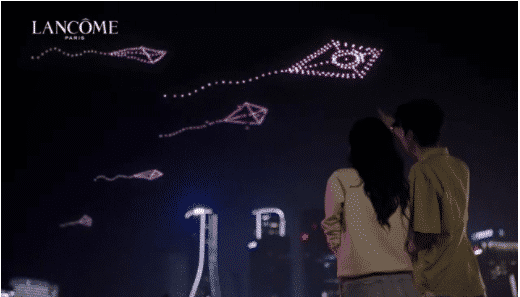
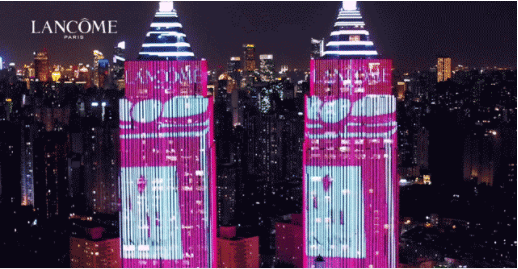
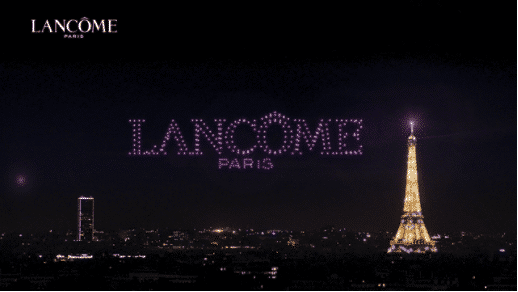
[Source: CBO News “Lancôme China recreates Double Eleven miracle: French romance flying from Paris”]
Jumei.com(聚美优品) is fading away from cosmetics consumers in China, and Lafaso.com(乐蜂网) was merged by VIPSHOP and closed down in September, 2019. VIPSHOP is a Chinese website specialized in discount sales online. Lancôme succeeds cooperating with VIPSHOP by selling the excess inventory at discounted prices.
Lancôme China emphasizes deep-level service mode
Meanwhile, Lancôme China is accelerating its offline development. It declared to open two more offline flagship stores in Beijing in 2020 to satisfy consumer demand. In the first China International Import Exhibition in 2018, Lancôme revealed a new technology, Le Teint Particulier color customization foundation. Consumers could customize their perfectly matched foundation on site by taking a simple skin tone test. Compared to online platforms and counters, offline flagship stores would create more value and provide better service, like customization for consumers.
Let China Paradigm have a positive impact on your business!
Listen to China Paradigm on iTunes
